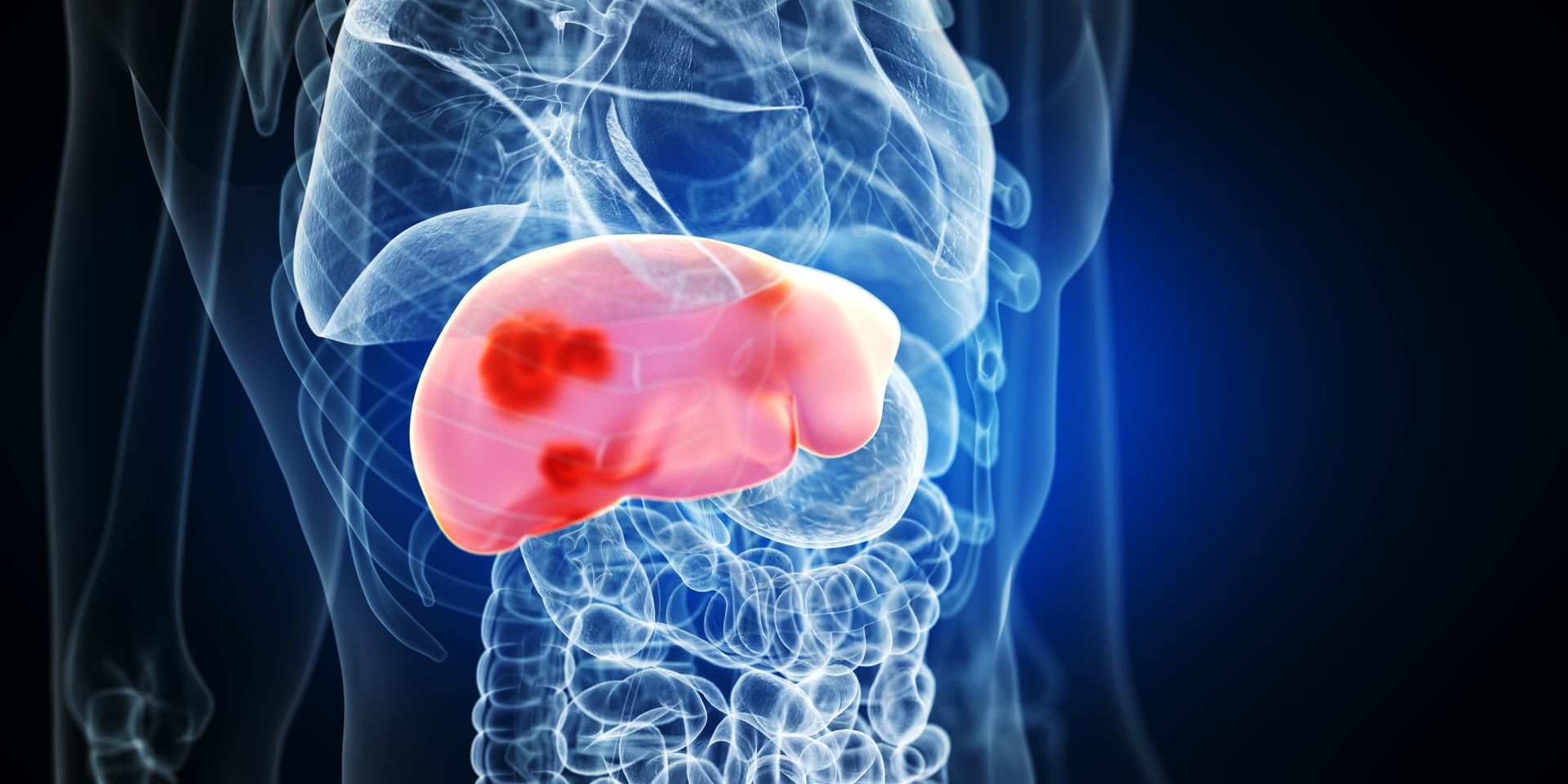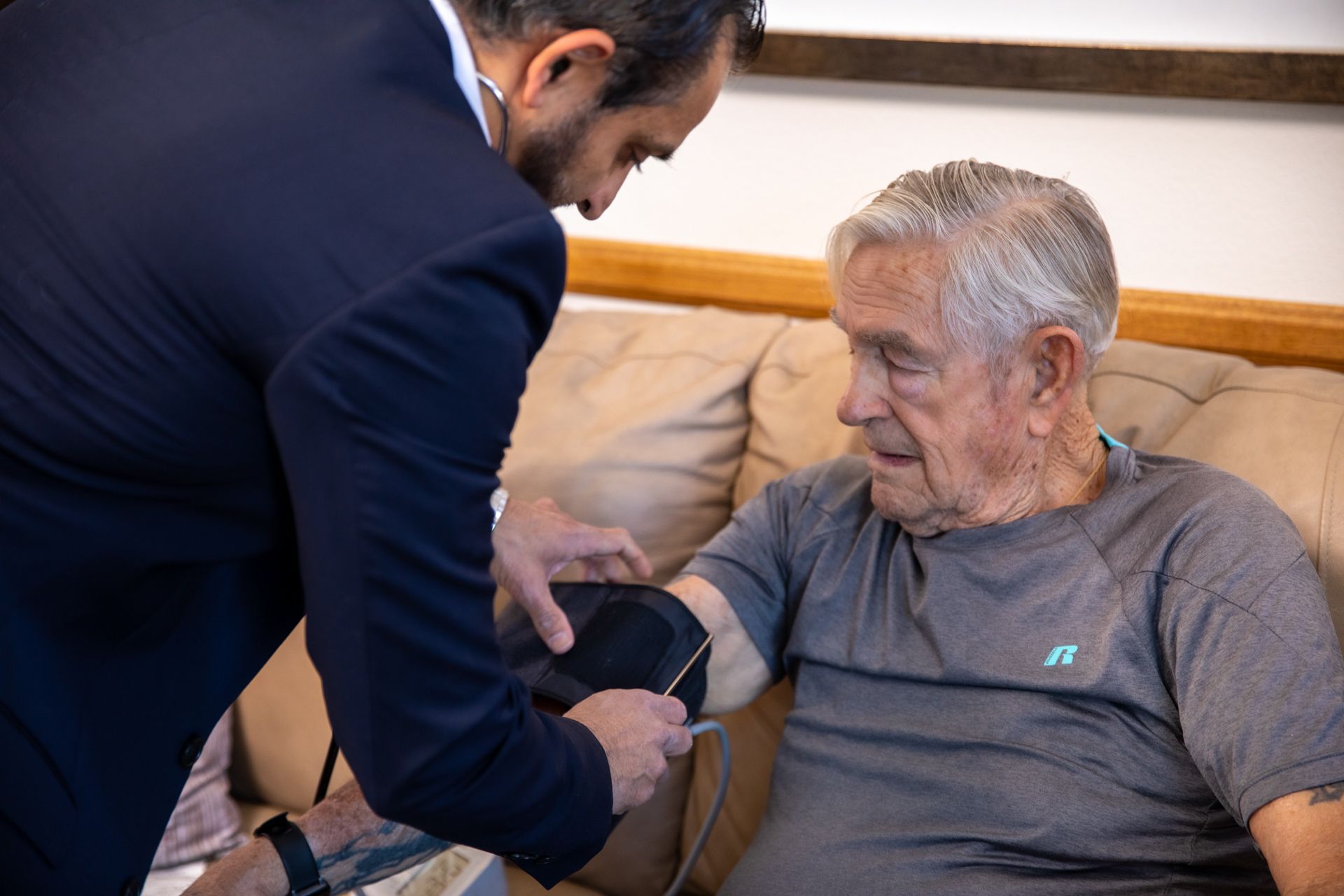Transforming Renal Health: The Remarkable Impact of 30 Minutes of Daily Exercise on Chronic Kidney Disease Management
Chronic Kidney Disease (CKD) is a silent threat that looms over the health of millions globally. It's a progressive condition that stealthily undermines the kidneys' ability to function until the damage is irreversible. While medication and dietary modifications are the cornerstones of managing CKD, a growing body of research underscores the profound influence of a seemingly simple lifestyle intervention: daily exercise.
The Plight of Chronic Kidney Disease
Before delving into the antidote of exercise, let's understand our adversary. CKD is characterized by a gradual loss of kidney function over time. As the disease progresses, wastes can build up to high levels in the blood, potentially leading to complications like high blood pressure, anemia, weak bones, poor nutritional health, and nerve damage. Moreover, kidney disease increases the risk of having heart and blood vessel disease. These complications can be controlled to make one feel more comfortable, but as the kidney function worsens, they can lead to kidney failure, which is life-threatening unless treated by dialysis or a kidney transplant.
The Transformative Role of Exercise
Now, onto our ally: exercise. It's well-known that regular physical activity is beneficial for overall health, but its role in managing CKD is particularly compelling. Engaging in just 30 minutes of moderate-intensity fitness exercise daily can have a transformative effect.
- Blood Pressure Control: High blood pressure is a common companion of kidney disease, and managing it is crucial to slow down the progression. Regular physical activity helps to reduce blood pressure levels, thereby easing the strain on the kidneys.
- Weight Management: Obesity is a risk factor for the progression of CKD. Daily exercise helps with weight control, which in turn can prevent further complications and stress on the kidneys.
- Glucose Metabolism: Diabetes is a leading cause of CKD. Exercise enhances the body's sensitivity to insulin, which is vital for controlling blood sugar levels and can thus help manage or even prevent diabetes-related kidney damage.
- Cardiovascular Health: Those with CKD are at a higher risk for heart disease. Aerobic exercise improves heart health, reducing the risk of cardiovascular complications.
- Muscle Strength and Endurance: CKD can lead to muscle wasting and decreased physical function. Regular exercise improves muscle strength, which is important for daily activities and can improve quality of life.
- Mental Health: Living with a chronic disease can take a toll on mental health. Exercise is a known mood booster, helping to reduce anxiety and depression, which are common among CKD patients.
- Reduced Inflammation: Inflammation is a key player in the progression of kidney disease. Exercise has been shown to lower levels of inflammatory markers in the body.
A Practical Approach
It's important to note that not all exercises are created equal when it comes to CKD. Aerobic activities like walking, cycling, swimming, and light jogging are excellent options. However, patients should always consult with their healthcare providers before starting any new exercise regimen, especially since some may have restrictions on the amount of fluid or activity they can do.
Additionally, it's crucial to start slowly and increase the duration and intensity of exercise gradually. Consistency is key—regular, daily activity is far more beneficial than sporadic efforts. It's not about running marathons; it's about moving your body consistently in a way that's sustainable and enjoyable.
Beyond Exercise—A Holistic Approach
Exercise is not a standalone cure for CKD, but it's a powerful tool in a comprehensive management plan. Alongside medication, diet, and regular check-ups, physical activity forms the pillars of a strategy designed not just to manage CKD, but to improve life with it.
Embracing 30 minutes of daily exercise can be a life-changing habit for those managing Chronic Kidney Disease. This modest investment of time yields substantial dividends in slowing disease progression, enhancing physical function, and boosting overall well-being. It's an accessible, empowering approach that places a significant aspect of health management back into the hands of patients, offering hope and improved quality of life in the face of CKD's challenges.









